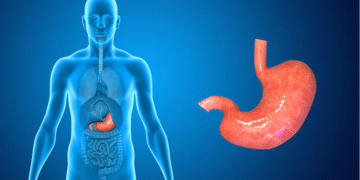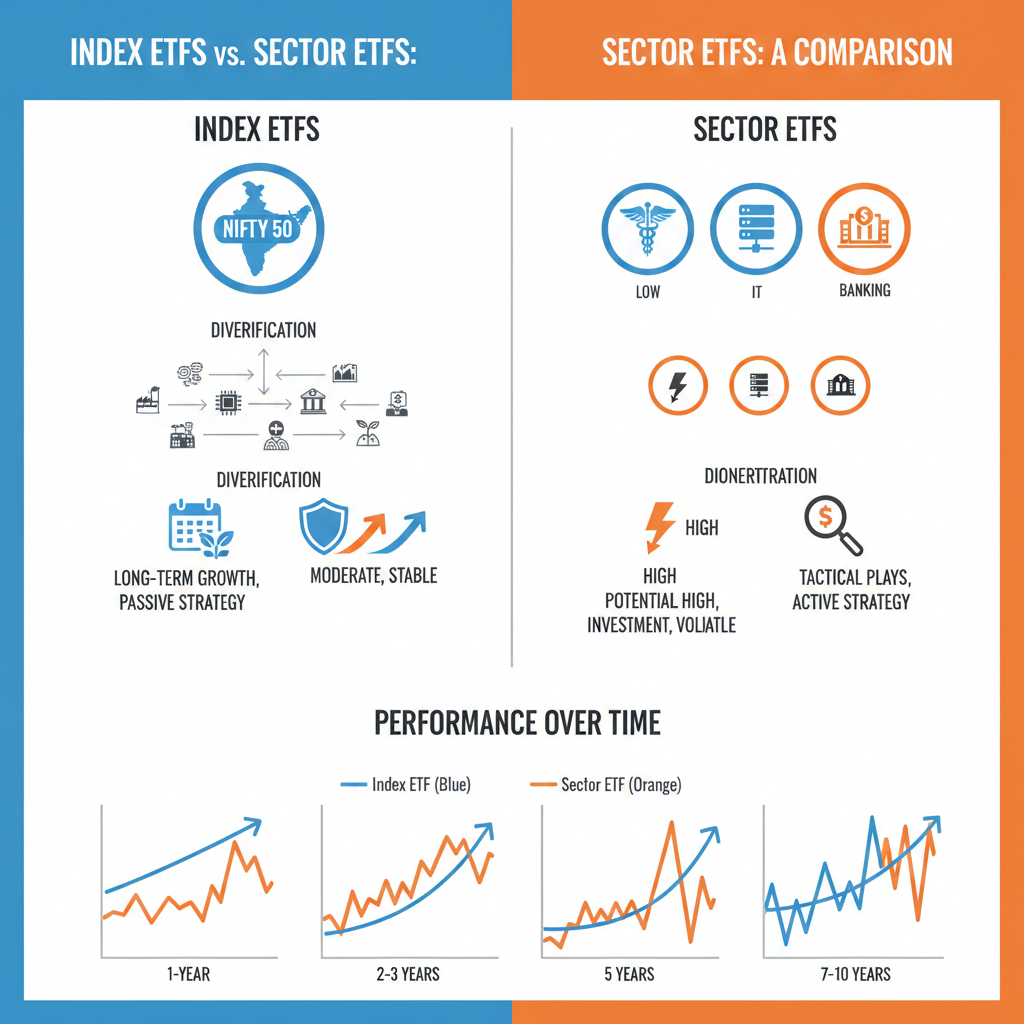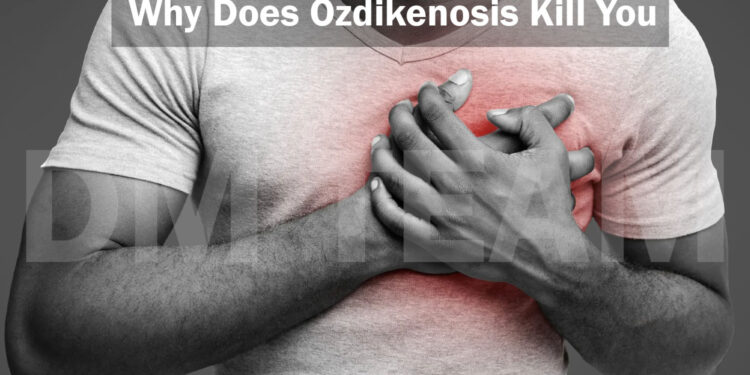Introduction
When people hear the word ozdikenosis, they often feel worried and confused. Many articles on the internet describe it as a serious illness that can lead to death. But there is also a lot of unclear or repeated information about it. In this article, we will try to explain in simple English what is said about ozdikenosis, how it harms the body, and why it can be fatal. The goal is to make the information easy to read, friendly in tone, and clear enough for everyone to understand.
What Is Ozdikenosis?
Ozdikenosis is often described in online sources as a very rare genetic disease. It is said to damage the body’s cells in a way that stops them from making enough energy. Every part of the body needs energy to work—your brain, heart, lungs, and muscles. If the cells cannot produce energy, the organs slowly lose function.
Some blogs and health pages compare ozdikenosis to mitochondrial diseases. These are conditions where the “powerhouse” of the cells (the mitochondria) do not work well. This comparison helps people imagine what might happen in ozdikenosis, even though the exact details of the disease remain unclear.
How Does It Affect the Body?
Based on the information available, ozdikenosis can affect the body in several ways:
Damage to Vital Organs
The heart, liver, kidneys, and lungs may stop working properly because their cells cannot get enough energy. This is dangerous because these organs are needed to stay alive.
Weakening the Immune System
People with ozdikenosis may have a weak immune system. This makes it hard to fight infections, and even small illnesses can become life-threatening.
Problems With Circulation
Some sources suggest that the disease damages blood vessels and affects circulation. Poor circulation can cause blood clots, strokes, or heart failure.
Multiple Organ Failure
When more than one organ stops working at the same time, the body cannot survive. This stage is often the final cause of death in ozdikenosis.
Why Does Ozdikenosis Kill You?
The main reason is that the body’s cells lose their ability to make energy. Without energy, organs slowly shut down. Over time, this can lead to:
- Heart failure, when the heart cannot pump blood properly
- Liver failure, which affects the body’s ability to clean toxins
- Kidney failure, causing waste to build up in the blood
- Lung failure, making it hard to breathe and supply oxygen
Any of these problems alone can be dangerous. When they happen together, they become fatal.
Symptoms People Might Notice
Although medical sources do not list official symptoms, blogs and informal health articles often mention:
- Extreme tiredness
- Shortness of breath
- Weak muscles
- Frequent infections
- Chest pain
- Swelling in legs or feet
- Poor appetite and weight loss
These symptoms are not specific and could belong to many illnesses, but they show how serious ozdikenosis may become over time.
Can It Be Treated?
At the moment, there are no trusted medical treatments written in scientific papers about ozdikenosis. Many sources say that treatments are only supportive. This means doctors may help with symptoms, such as giving medicine for pain, or supporting breathing and circulation. In some rare cases, experimental therapies are mentioned, but there is no clear evidence of success.
Because the illness is described as genetic, future treatments might include gene therapy or new drugs. However, none of this is confirmed by reliable medical studies yet.
Is Ozdikenosis a Real Disease?
This is an important question. When searching in medical databases and research journals, there is no record of a disease officially called “ozdikenosis.” Most information about it comes from blogs and lifestyle websites, not from doctors or scientists. This means it could be:
- A misused or misspelled word
- A fictional or made-up condition
- Or a term created online without scientific proof
For readers, it is very important to check reliable health websites (like the World Health Organization, Mayo Clinic, or NIH) before believing what blogs say.
How to Stay Safe When Reading About Rare Diseases
Because ozdikenosis does not appear in official medical research, readers should be careful. Here are some safe steps:
- Check reliable medical sources before believing health claims.
- Talk to a doctor if you have worrying symptoms.
- Be aware of false information online that uses fear to attract clicks.
- Avoid untested treatments found on the internet.
Living With a Rare Illness
Even though ozdikenosis itself is not recognized in trusted medicine, many people live with real rare diseases. For them, life can be very hard. Families often need support, clear information, and proper care. This is why spreading accurate health information is important.
Conclusion
Ozdikenosis is described online as a rare and deadly disease that damages the body by stopping cells from making energy. This can lead to organ failure and death. However, trusted medical science does not recognize ozdikenosis as a real illness. Most of the available information comes from non-medical sources.
For now, the best advice is to treat ozdikenosis claims carefully, always rely on trusted medical organizations, and speak with a healthcare professional about any health concerns.
Frequently Asked Questions (FAQ)
1. What is ozdikenosis?
It is described online as a rare genetic disease that damages body cells, but it is not recognized in official medicine.
2. Why is ozdikenosis dangerous?
Because it is said to stop cells from making energy, leading to organ failure.
3. Does ozdikenosis really exist?
No medical journals or trusted sources confirm it as a real disease.
4. What organs does ozdikenosis affect?
It is said to affect the heart, lungs, liver, and kidneys.
5. Can ozdikenosis kill you?
According to blogs, yes—through organ failure. But medically, the disease is not proven.
6. Are there treatments for ozdikenosis?
No proven treatments exist. Blogs only mention supportive care.
7. How is ozdikenosis diagnosed?
There is no official test because it is not recognized by medical science.
8. What are the symptoms?
Fatigue, weakness, infections, chest pain, and breathing problems are often mentioned.
9. Can doctors help if someone says they have ozdikenosis?
Doctors can treat symptoms, but they cannot treat ozdikenosis directly because it is not confirmed as real.
10. Where can I find reliable health information?
Check official sites like the World Health Organization, Mayo Clinic, or National Institutes of Health.
Relatable topic: CHCAO, Pabington, Zupfadtazak












































